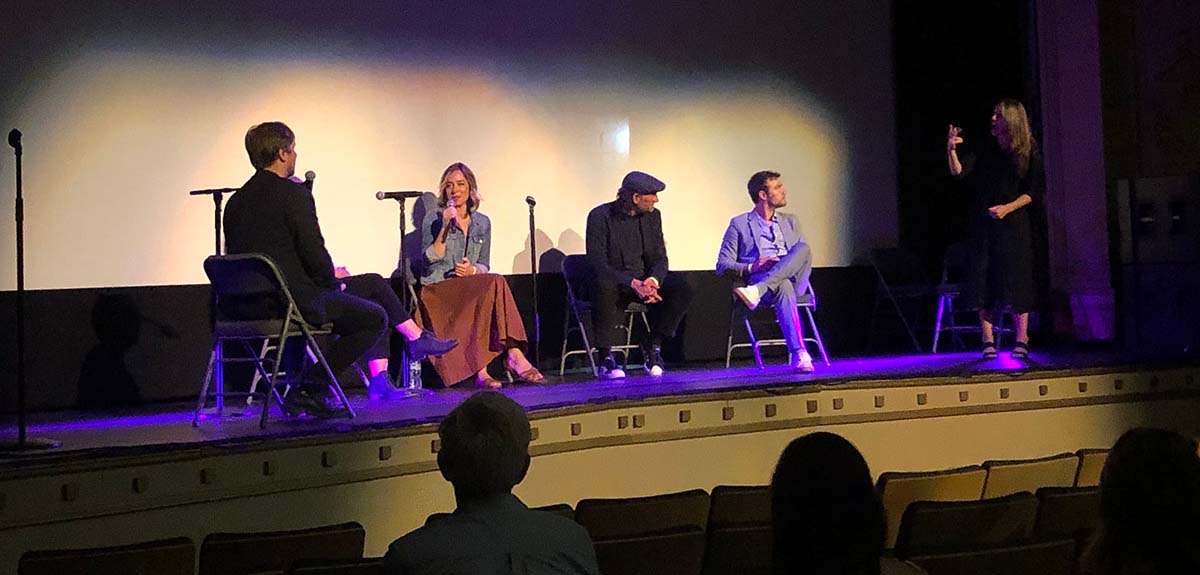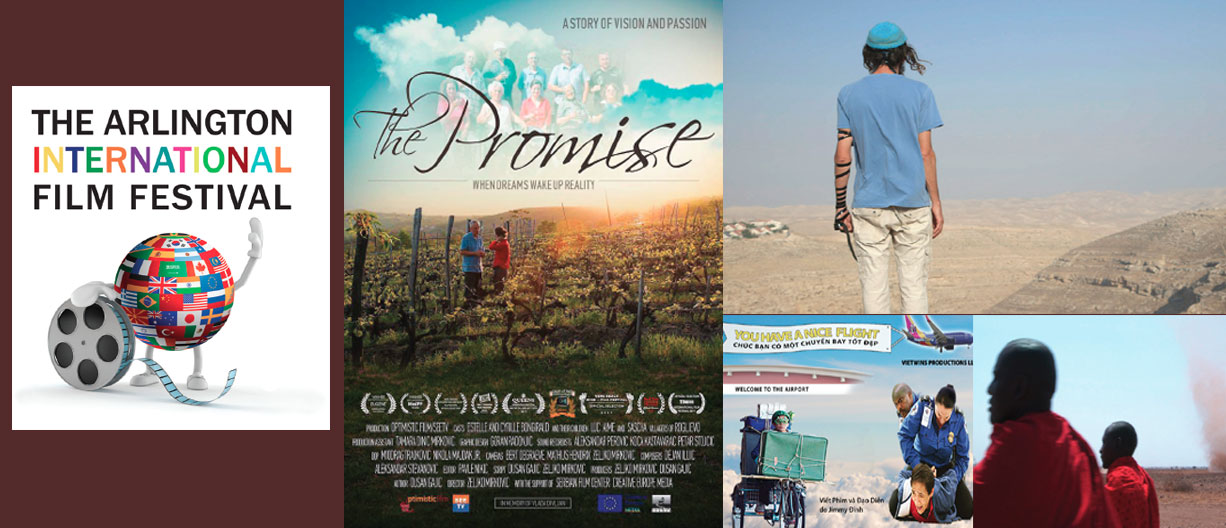
by Jen | Aug 24, 2022 | Film Screening, Imagine News
By Carl Hansen for IMAGINE News The Cabot Cinema in Beverly that shows CODA playing there I had the pleasure of being in Massachusetts when the Oscar-winning film, CODA, was screening at The Cabot event space in Beverly. (In fact, the ticket to the event was a gift...

by Jen | Nov 4, 2017 | Festival Park, Film Screening, Imagine News, NE Film Festivals
Starts with an Homage to the Serbian Community in Boston For the past seven seasons, the Arlington International Film Festival (AIFF) has curated a festival in October that celebrates the very best of new local, national, and international independent films for...




